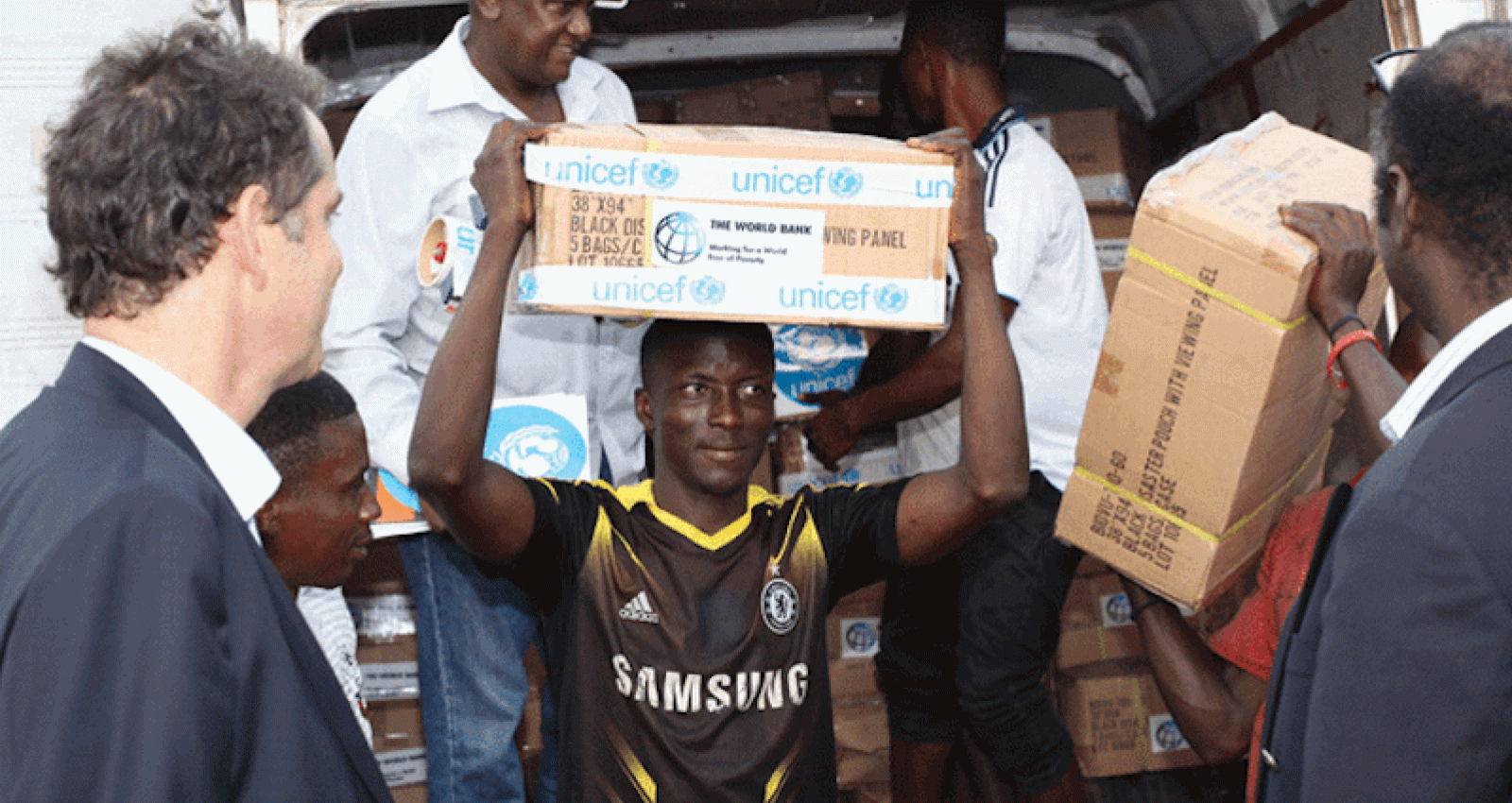Fail to prepare, prepare to fail... staying ahead of the next crisis
Applying lessons learned from earlier crises will ensure more effective response when disaster strikes again
Applying lessons learned from earlier crises will ensure more effective response when disaster strikes again
By: Caroline Heider
Applying lessons learned from earlier crises will ensure more effective response when disaster strikes again
Last week World Bank Group President Jim Yong Kim delivered the inaugural Global Futures Lecture at Georgetown University in which he said the world was "dangerously unprepared" for future pandemics. The President added:
"We need to make sure that we get to zero cases in this Ebola outbreak. At the same time, we need to prepare for future pandemics that could become far more deadly and infectious than what we have seen so far with Ebola. We must learn the lessons from the Ebola outbreak because there is no doubt we will be faced with other pandemics in the years to come."
Earlier contributions to IEG's blog highlighted a number of lessons from evaluation that support the President's comments in support of preemptive preparation.
Preparing for the Worst in Better Times! Preparing for the worst is best done in the absence of crisis, when times are better. For instance, our Evaluation of the World Bank Group's Response to the Global Economic Crisis showed that developing social safety nets to support people most affected by calamities is best done in stable times - not during a crisis. Whether physicians in emergency rooms or humanitarians, first responders' energies are absorbed dealing with the present rather than planning for the future. So, we must take advantage of less hectic times to think, review, and plan ahead.
Ensuring clarity of purpose and having the right tools to do the job. Our crisis-related evaluations also suggest two areas to be mindful of: clarity about goals - in good times and bad - and having a set of crisis response instruments ready for use when needed. When the global economic crisis broke, liquidity was seen as the solution and lending levels were the goal. They were achieved, largely, by falling back on existing loans that were scalable. As a result, the aggregate response of the World Bank was strong, but not necessarily directed to the countries and sectors in greatest need. The Bank's crisis lending instrument wasn't activated, while IFC's efforts to develop new instruments in times of crisis were largely unsuccessful, except for the global trade finance initiative. In that instance we concluded, going forward, the World Bank Group will need to think of ways for the twin goals to stay squarely in sight during times of crises.
In his Georgetown address, President Kim also noted:
"The more that countries, multi-lateral institutions, corporations and donors work together to prepare for future pandemics -by building stronger health systems, improved surveillance and chains of supply and transportation, and fast-acting medical response teams - the lower the premium [to his proposed pandemic facility that would operate similar to homeowner's insurance i.e., the more prepared you are, the less you pay]; but the greatest benefit would be that market mechanisms would help us to push improvements in our preparedness for epidemics."
One of our earlier blogs, Evaluation in Action: Responding to Ebola, involved a review of recent IEG evaluations of the World Bank Group's support to different global crises (financial, food security, and health) and listed 10 key lessons that can enhance the development effectiveness of project support from the international community in response to crisis.
Among those we emphasized the need, as President Kim has now set out in his vision for a pandemic facility, to develop a strong and effective partnership platform to coordinate the diverse support from different international actors, each playing to its own specific area of comparative advantage. For the World Bank Group, this would include building public health system capacity given the observation that weaknesses in health systems are a major contributing factor to disease risk, especially from the lack of trained and equipped medical personnel, contract tracing capacity, sample collection and transport capacity, laboratory diagnostic capacity, and intensive care units with isolation capacity.
We also highlighted the important role that communication and awareness campaigns and outreach play in responding to disease outbreaks, especially in areas where the population may have little information about the disease, its transmission mechanism and safe behaviors, and where people may be skeptical of medical interventions. Communication training for key public officials can be useful, as can efforts to engage with the news media to reduce misinformation and overly alarmist messages.
Evaluation findings - the need for collective, partnership based responses to crises directed by methodical, anticipatory planning supported by appropriate resources and tools - support the thrust of President Kim's initiative towards the creation of a pandemic facility, and usefully point to the range of factors that need to be taken into account in responding to the many types of crises encountered by the World Bank Group and other actors in the development field.

Add new comment